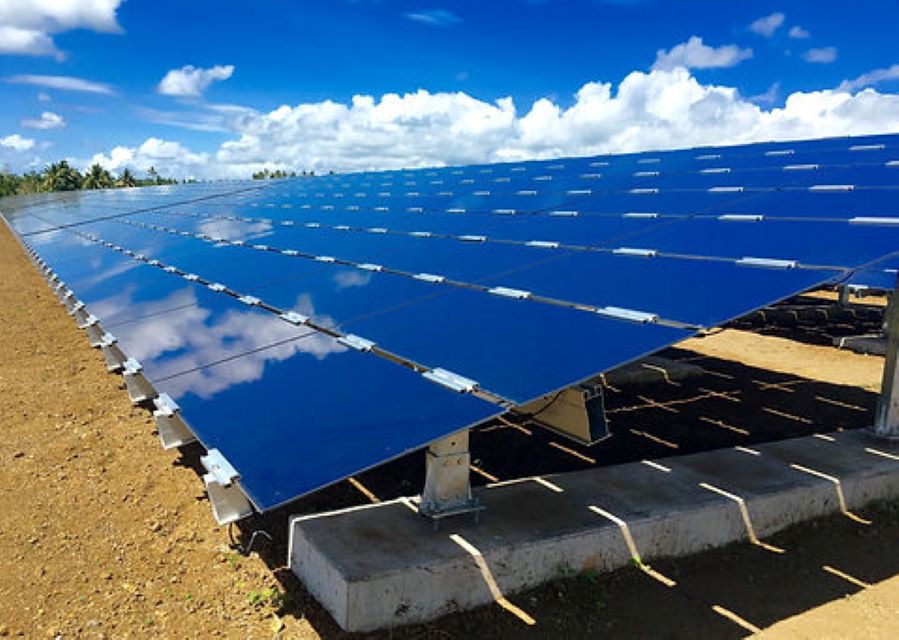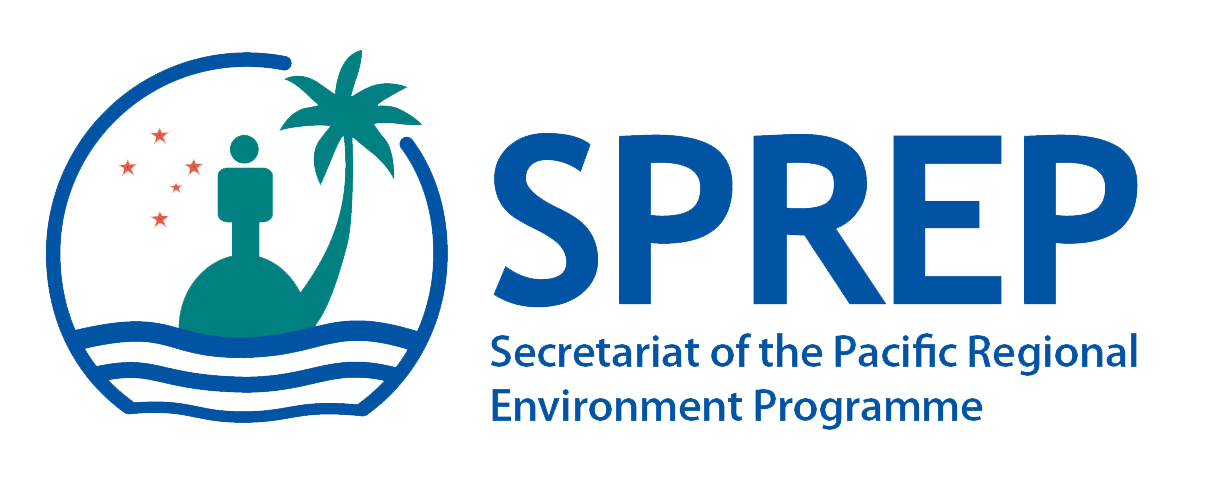Green technologies can play a vital role in addressing environmental challenges and promoting sustainability in the Pacific region. Given the unique geographical and ecological characteristics of the Pacific islands, adopting green technologies can help mitigate the impacts of climate change, reduce energy dependence on fossil fuels, and support the conservation of natural resources. Here are some green technologies that could be particularly beneficial for the Pacific:
Renewable Energy: The Pacific islands often have abundant solar, wind, and ocean energy resources. Investing in solar photovoltaic systems, wind turbines, and tidal/wave energy converters can help generate clean, reliable, and locally sourced energy, reducing the islands' reliance on imported fossil fuels.
Energy Storage: Implementing energy storage solutions, such as advanced battery technologies, can store excess energy generated from renewable sources for use during periods of low energy production or high demand. Energy storage systems improve energy reliability and grid stability.
Microgrids: Microgrid systems can enhance energy resilience by creating self-sustaining energy networks that incorporate renewable energy sources and energy storage. These systems are particularly useful in remote and isolated island communities.
Energy Efficiency Technologies: Implementing energy-efficient technologies in buildings, transportation, and industries can significantly reduce energy consumption and greenhouse gas emissions. This includes energy-efficient appliances, LED lighting, efficient cooling systems, and sustainable transportation options.
Hydroelectric Power: In some Pacific islands with suitable terrain, small-scale hydroelectric power systems can harness the energy from flowing water to generate electricity, providing a consistent and renewable energy source.
Desalination Technologies: Water scarcity is a concern in many Pacific islands. Green desalination technologies, such as solar-powered desalination and reverse osmosis systems, can help provide clean drinking water without further straining limited water resources.
Rainwater Harvesting: Collecting and storing rainwater for domestic and agricultural use can alleviate pressure on freshwater sources, reduce waterborne diseases, and enhance water security.
Biodiversity Conservation: Advanced technologies such as remote sensing, Geographic Information Systems (GIS), and drones can aid in monitoring and conserving the unique biodiversity of the Pacific islands.
Waste Management Technologies: Green waste management technologies, such as composting, recycling, and waste-to-energy processes, can reduce the environmental impact of waste disposal while promoting circular economy practices.
Coral Reef Monitoring: Technologies like underwater drones and sensors can be used to monitor the health of coral reefs, helping to protect these vital marine ecosystems from the impacts of climate change and pollution.
Eco-Friendly Agriculture: Introducing sustainable agricultural practices, such as agroforestry, organic farming, and efficient irrigation systems, can promote food security while minimizing negative environmental impacts.
Climate-Resilient Infrastructure: Utilizing green building materials and construction techniques can enhance the resilience of infrastructure to extreme weather events and rising sea levels.
Community Engagement and Education: Green technologies are most effective when integrated with community engagement and education programs. Raising awareness about the benefits of these technologies and involving local communities in their implementation can lead to more successful outcomes.
It's important to consider the specific needs, resources, and local contexts of each Pacific island when selecting and implementing green technologies. A combination of technological innovation, policy support, capacity building, and international collaboration will be essential to achieving sustainable development in the region.



